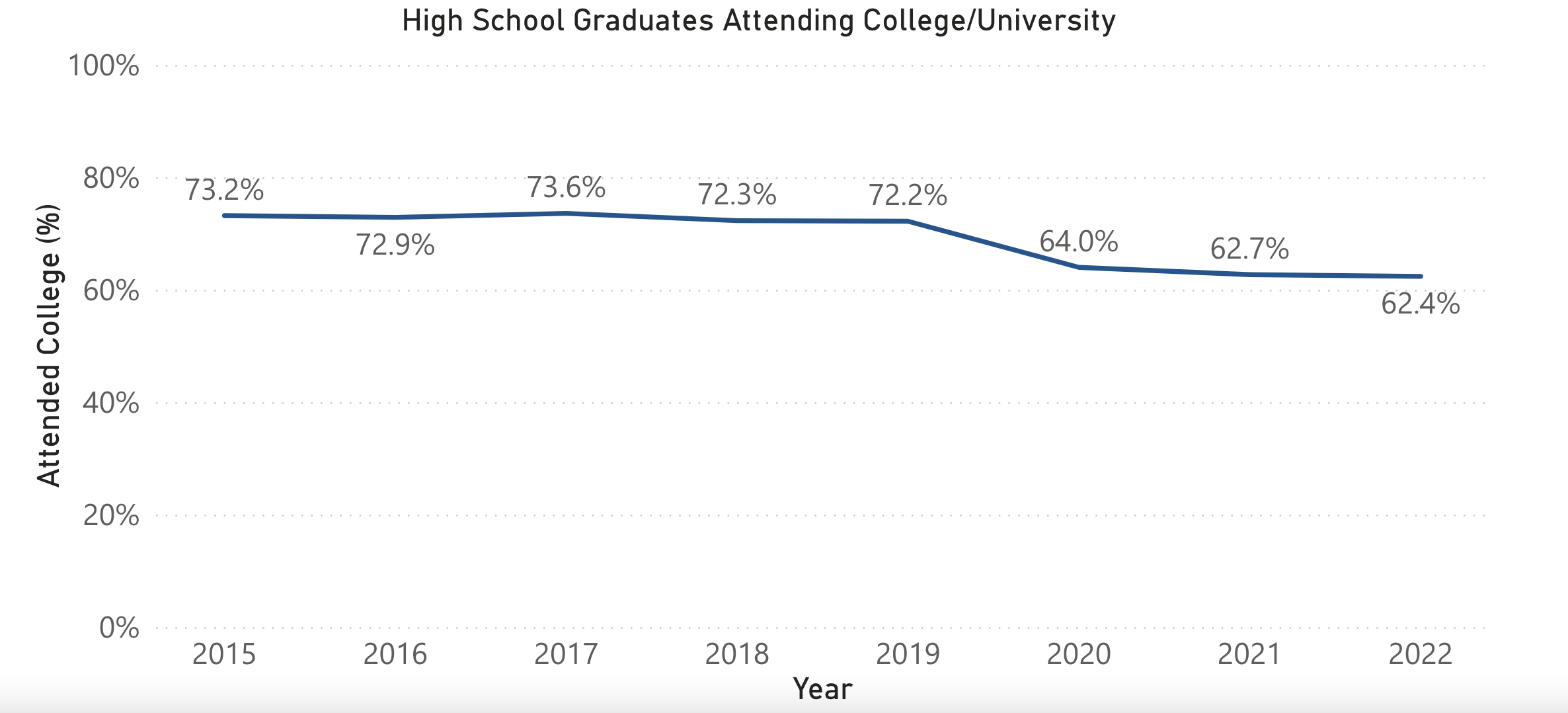FYI from BSF, 2.16.24
The attention on statewide literacy programs - Mississippi in particular - has reopened an age-old debate: should students be required to repeat grades in school?
Yesterday, Massachusetts updated student retention rates through last year. This data may represent one of the more dramatic shifts in educational policy over the past 15 years.
A lot fewer kids repeat grades now, in Boston and across the Commonwealth.
As the graph above indicates, the shift in Boston was particularly dramatic. On a student basis, retention is down in Boston by ~74%.
More pronounced in Boston but largely true across the state, 2021 stands as a demarcation line. Retention rates dropped even further during the pandemic, and now are steadily rising again.
Although significantly closed, there continues to be a gap between Boston and Massachusetts rates. Why?
Subgroups seem to always be part of the story. Differences by race, income status, etc. follow similar patterns statewide and in Boston. Boston not only has a higher concentration of certain subgroups, but also higher retention rates.
Grade level appears to also appear to play a significant role. The majority of retention happens in later/high school grades, and to a greater degree in Boston.
Why? Part of the story is newcomers. Long before it became daily news, Boston has been receiving new students, aged 14 or older, who are new to this country and/or school.
Schools that serve this population - such as Boston International High School and Newcomers Academy (BINCA) - tend to have higher retention rates, as many children simply require more time for language acquisition, acculturation, are often managing part-time work, etc. But BINCA also posts 5-year adjusted graduation rates in the 80s.
The research on student retention is mixed, found to be helpful in some cases, negative in others.
As always, in schools, context and people matter.
notes in the margin
Boston School Committee held its second meeting on its FY25 budget on Wednesday, with materials mostly unchanged from the week before.
As the BPS and city budget process unfolds, a new analysis out of Tufts University quantifies the potential fiscal impact of less busy, lower-valued commercial space downtown.
That yellow triangle above is equal to about one-third of the city’s budget.
More engagement regarding the renovation of White Stadium for shared use by Boston Unity Soccer Partners and BPS. The teacher perspective on the BPS master facilities plan.
Neighborhood House Charter School teachers will unionize. The only other Boston charter school with recently unionized teachers - City on a Hill - is slated to close at the end of next year.
The snow day, that wasn’t. Except in Newton, because they had days to make up. Except in New York City, where everyone got a reminder of how badly remote school can go.
Welcome to Massachusetts: you are more likely to have a degree here, and, yes, that is probably good for you.
This stands in bit of a contrast with the data recently released in College and Careers Access Report. There are lots of positive signs for Massachusetts students, except for one:
Commissioner of Education Jeff Riley will step down next month. As a search/successor is considered, Riley is one of only three commissioners in Massachusetts since the 1990s.
other matters
In case you missed it, getting more school dollars through an online lottery comes at a price in many high-need communities.








